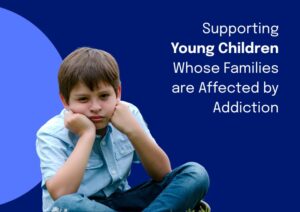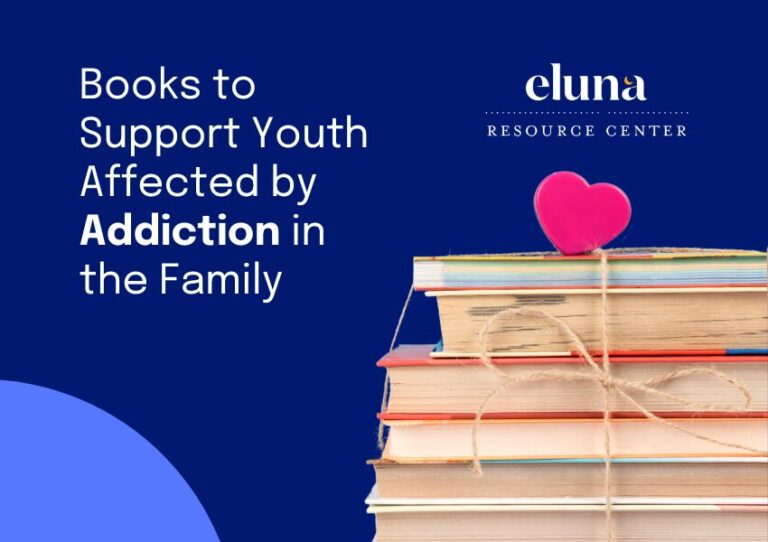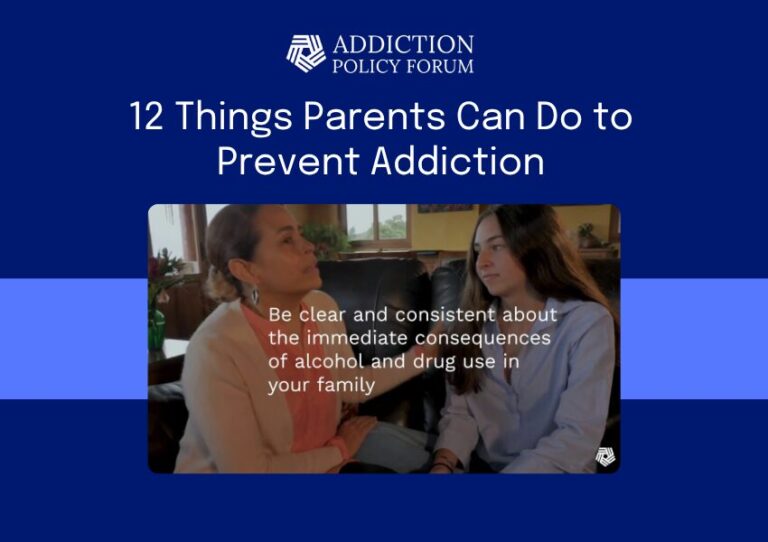Supporting Young Children Whose Families are Affected by Addiction
 Navigating a family member’s substance use disorder can be challenging at any age. However, child development theory and research tell us that children process stressful events differently based on their unique developmental stage.
Navigating a family member’s substance use disorder can be challenging at any age. However, child development theory and research tell us that children process stressful events differently based on their unique developmental stage.
This article will review common trauma responses followed by tips for education, prevention, and mentoring for the age & stage: EARLY ELEMENTARY (ages 5-8)
Click here to access the full article on all Ages & Stages
This information is based on child development and psychology research, but it’s important to note that research often leaves out marginalized groups. Children from minority cultural or religious backgrounds may have different responses and needs in the face of traumatic events. Children with developmental disabilities may not match the typical expectations for their chronological age. Even children who are not diagnosed with a developmental disability may experience developmental regression as a trauma response. If you are reading this article with a specific young person in mind, remember that these general guidelines may not accurately reflect the experience of each individual.
Education:
By age 6, most children are aware of the brain. [Source 1] You can incorporate this into education. Children at this age will still need reassurance that substance use disorder is different from a contagious illness. For an age-appropriate conversation starter, try a children’s book like Timbi Talks About Addiction or check out the others on this list.
“Uncle Jimmy has a sickness in his brain. That’s the part of your body inside your head that helps you think, feel, and decide what to do. Uncle Jimmy’s brain sickness makes him feel like he needs to take drugs or alcohol (a grown-up drink) to feel okay.”
“Taking too much of these can make Uncle Jimmy’s body feel sick or make him act differently. Drugs and alcohol change the way our brains work, so it can be harder to make healthy choices and use kind words.”
“You can’t catch Uncle Jimmy’s sickness like you can catch a cold or the flu. It’s not your fault that Uncle Jimmy is sick.”
Prevention
Having a family history of substance use disorder puts youth at increased risk of their own substance misuse, but prevention strategies can change that. For early elementary-aged children, consider the following:
- start early with simple conversations about medicine safety
- demonstrate healthy habits
- teach decision-making skills through role-playing
- foster self-esteem development and ensure that children feel comfortable discussing any concerns
- introduce age-appropriate media to help to introduce these concepts, such as Nuggets.
- for more, see Prevention Tips for Every Age.
Mentoring
Research tells us that connecting with a caring adult mentor is one of the best strategies for prevention and support for children affected by a family member’s substance misuse, and kids who connect with a mentor earlier in life get the most benefit. [Sources 9, 10, 11] To search for a mentor near you, check out Mentor: The National Mentoring Partnership.
Possible trauma responses
Children may not always know how to verbalize challenging feelings related to a family member’s substance misuse, so it’s important to look for behavioral cues. Here are some possible trauma responses to look out for [sources 12, 13]:
- feelings of personal guilt or shame
- lack of concentration
- difficulty sleeping
- changes in appetite
- increased conflict with peers
- withdrawal
- psychosomatic symptoms like stomach aches or headaches.
Support
Youth whose families are affected by the disease of addiction can often become isolated from communities of support. Here are some recommended programs that focus on both prevention and peer support to help bridge and rebuild connections:
Youth Support Programs:
- Hazelden Betty Ford Children’s Program: Provides support, education, and care to kids (ages 7-12) who grow up in a family with alcohol or other drug addiction.
Caregiver Support Programs
- Parents of Addiction Loved Ones (PAL): Parents with an adult child dealing with substance use disorder involving either drugs or alcohol can find hope and support through Parents of Addicted Loved Ones (PAL). Meetings are available all over the country.
- CheckDEC: A free mobile app that immediately connects children, families, and professionals to substance abuse-related information, crisis helplines, drug and treatment information, supportive resources, and services within their local area. Brought to you by the National Alliance for Drug Endangered Children and Office for Victims of Crime
For more support options, jump to our hub of recommended programs & resources.
*Special thanks to Eluna volunteer, Mary Ann Gill, for supporting the development of this resource!

